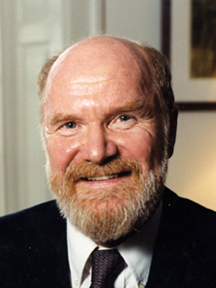
THE PEOPLE CALLED. Paul D. Hanson's book The People Called: The Growth of Community in the Bible has become a treasured resource for me. The following excerpts come toward the end of the book. Having painstakingly made the case for the nature of Biblical community, Hanson draws conclusions and implications for our contemporary challenges. Peace and justice are central to our existence and valid continuity as the people called.
SOCIAL HOLINESS. “It is a central and persistent theme of Scripture that God’s people is to be a righteous people. The source of its righteousness is also clearly stated: ‘You shall be holy; for I the Lord your God am holy’ (Lev. 19:3). ‘You therefore must be perfect, as your heavenly Father is perfect’ (Matt. 5:48). The community of faith has as its standard none other than the example of God’s impartial justice. And faithfulness to that standard is not a matter of ethical decision alone, but is a fundamental aspect of faithfulness to God. That is to say, working for social justice, opposing discrimination in its many forms, giving sacrificially to battle world hunger, and seeking to change social and political structures that favor the powerful at the expense of the weak are expressions of the individual’s and the community’s devotion to God. A religious system that merely justifies a life of self-indulgence is accordingly a blatant form of idolatry.”
HEALING BROKEN CREATION. “Underlying the faith community’s every activity on behalf of peace and justice is God’s activity to heal the broken creation. To be God’s people is therefore by definition to be a people dedicated to righteousness in all areas and spheres of life. At the heart of its calling is concern for the just treatment of all people, the equitable distribution of the earth’s resources and fruits among all the families of the earth, and the translation of its belief in God’s sovereignty over all people into social and political policies predicated on the principle of equality” (p. 508).
No comments:
Post a Comment